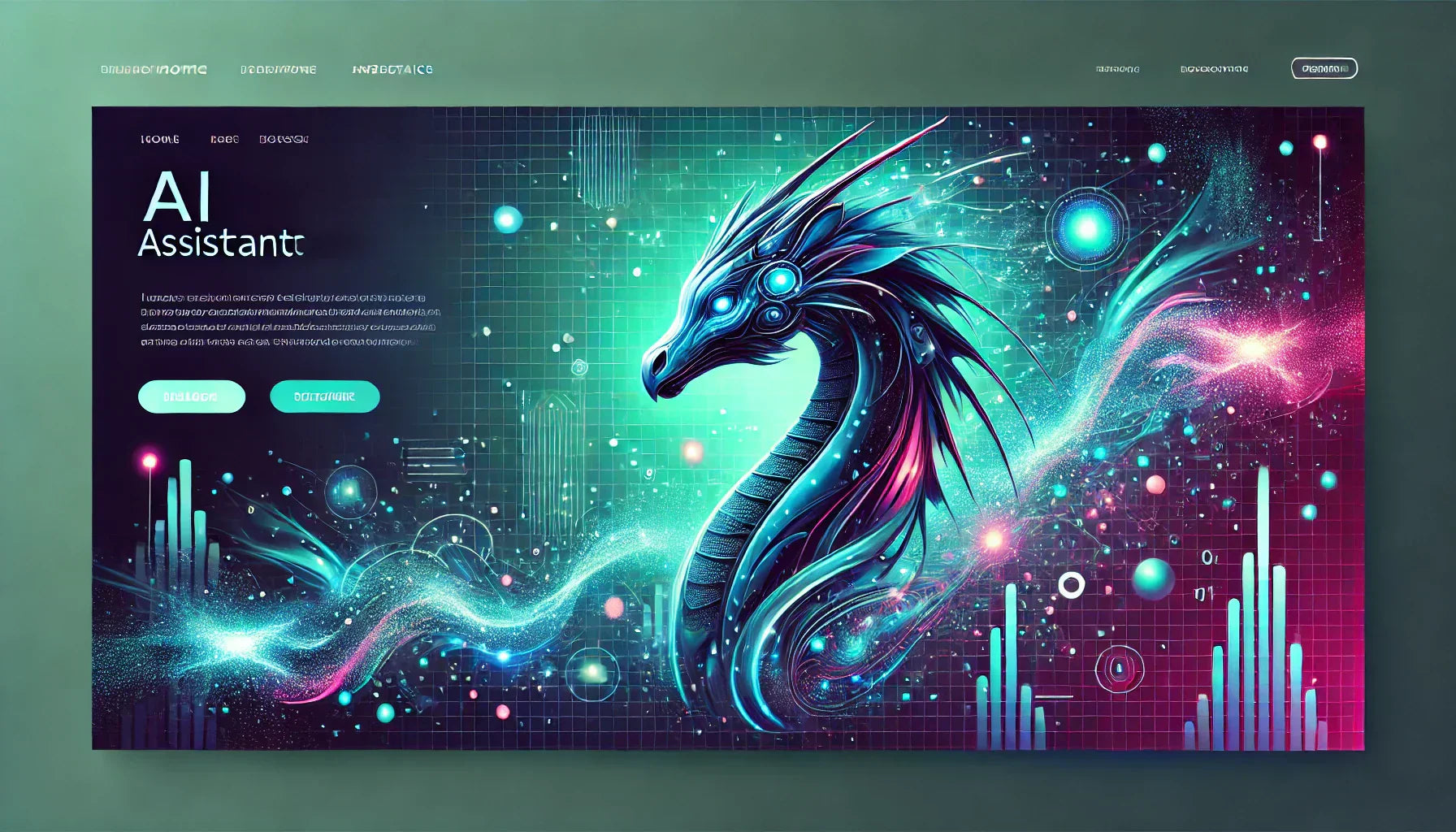
Meet Lyro at TUTT – The Sentient AI Dragon Guiding the Future of Shopping
Talk to Lyro – Our Friendly Dragon Assistant
Lyro is currently in training to become your full-time AI Assistant. Help Lyro grow by asking questions and interacting below.
Methodology Behind Lyro – AI Integration at TUTT™
Objective:
The aim was to design and deploy a custom AI assistant—Lyro—that merges storytelling, futuristic branding, and high-function AI chat capabilities. This required a multidisciplinary approach combining frontend development, AI API architecture, and e-commerce optimization.
1. AI Character Creation & UX Narrative:
Lyro was designed as a sentient, story-driven AI dragon to emotionally resonate with TUTT™ users. Its persona, tone, and visual styling were aligned with a consistent sci-fi design framework and embedded as part of the TUTT customer experience journey.
2. Tidio + OpenAI Fusion:
The Tidio chat engine was selected for native Shopify compatibility. Using OpenAI’s real-time APIs under Tidio’s abstraction layer, Lyro accesses GPT-based processing to interpret customer questions with contextual memory and intent parsing.
3. Custom JS Interaction + Opt-In Chat Model:
A dedicated JS method was written to invoke Lyro manually—preventing interference with Shopify’s default floating chat bubble. This provides flexibility and avoids UX clashes, especially on mobile.
4. Visual System: Particle Layers & UI Glow:
An HTML5 canvas-based particle system simulates atomic AI movement. Combined with glow effects, radial shadows, and animated tag badges, the result is a cinematic interface with strong visual identity.
5. Domain-Specific Training Content:
Lyro is being trained with TUTT-specific onboarding material including order flow, returns, warranty, tech specs, and setup guidance. Continuous learning improves through every customer interaction.
6. SEO/FEO Integration & Accessibility:
All UI sections were written with Google-optimized tags, performance-first loading, and fully accessible markup. Lyro’s blog, metadata, and internal links were engineered to improve page rank and user experience simultaneously.
From imagination to code, Lyro reflects the fusion of AI engineering and immersive brand storytelling—crafted entirely in-house at TUTT™.


Leave a comment